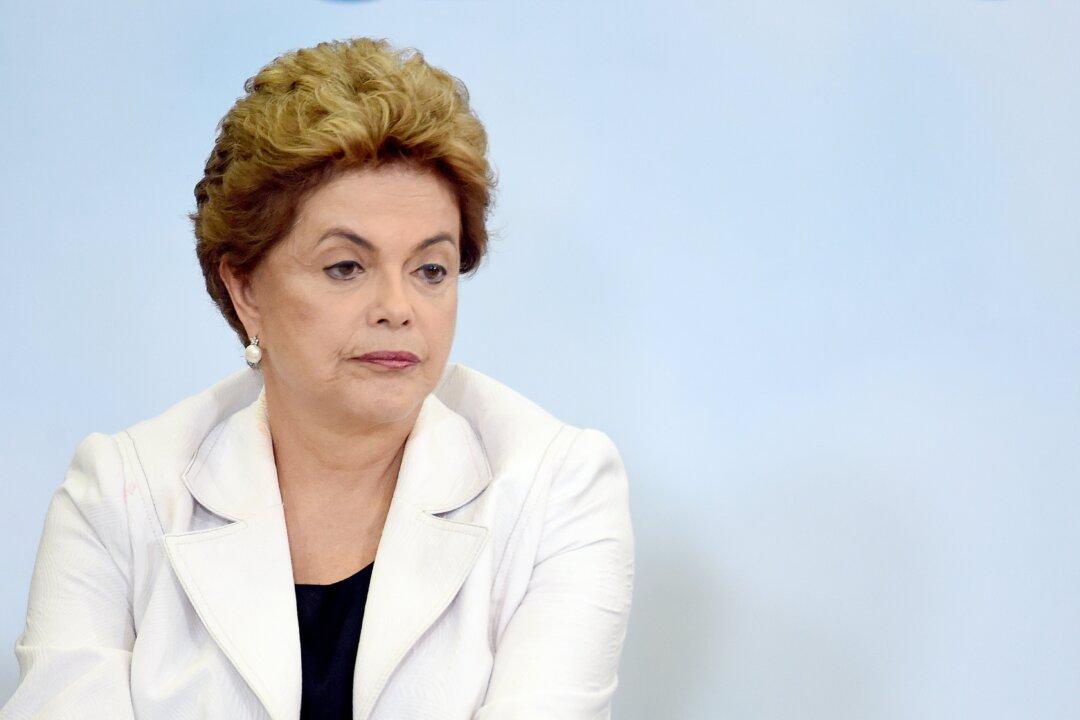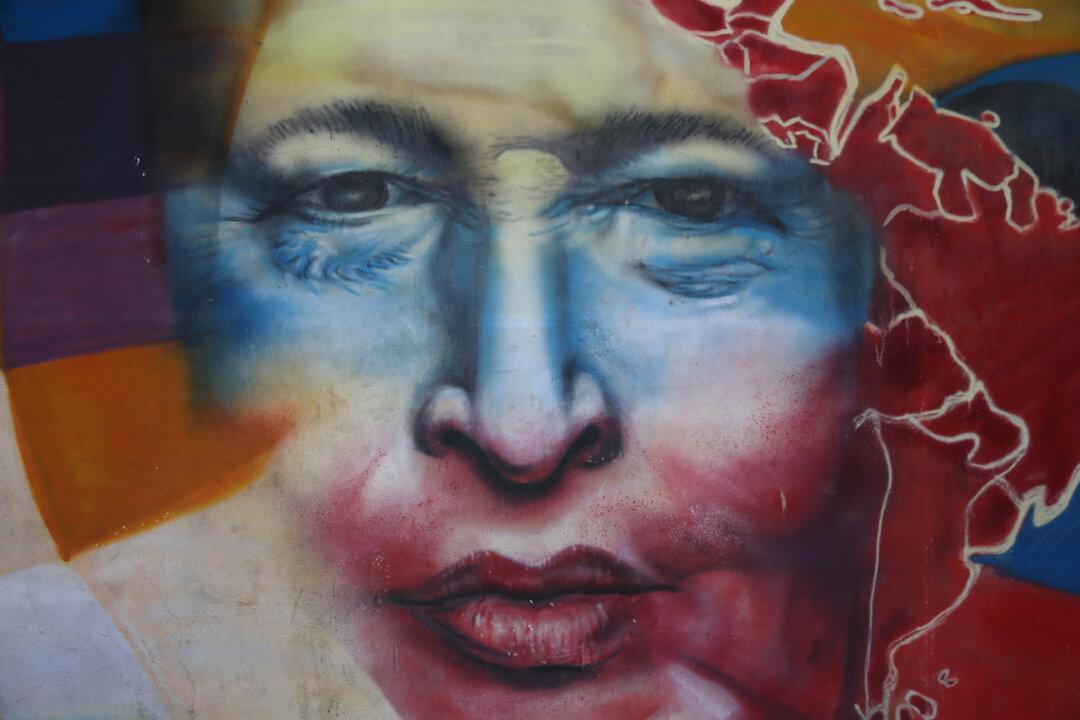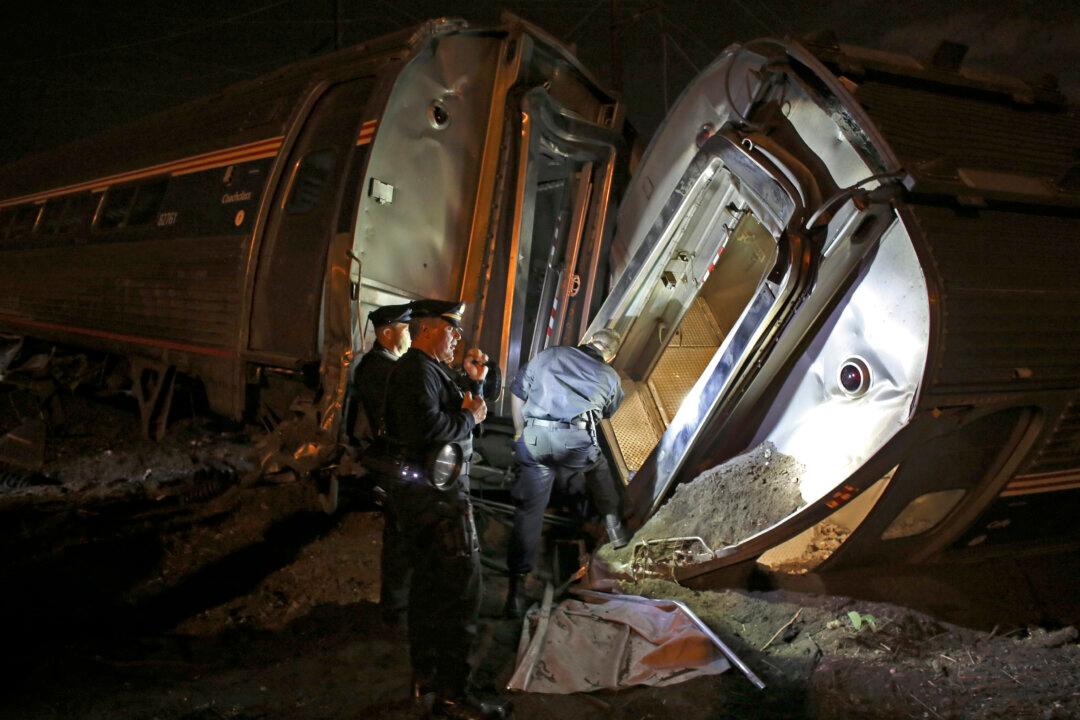The Financial Times reports that on Sunday, April 17, “the lower house of Brazil’s congress is set to vote on the motion to impeach President Dilma Rousseff in a move that her critics hope will spell the end for the former Marxist guerrilla and the markets’ longtime nemesis.”
According to the Wall Street Journal, the Brazilian Supreme Court has denied a request from Rousseff’s attorney general to suspend the impeachment process.
If Rousseff is impeached and the Brazilian Senate accepts the case for a trial that could result in her removal from office, the Financial Times says “As early as next month, Brazil could be under the control of a new market-friendly transition government led by Vice-president Michel Temer.”



